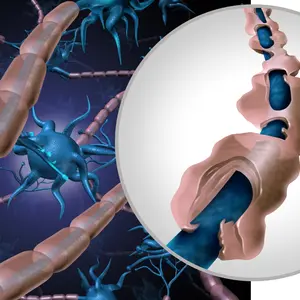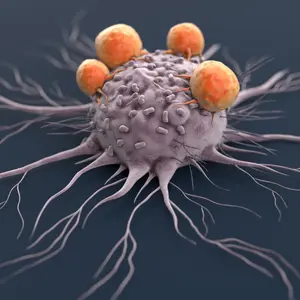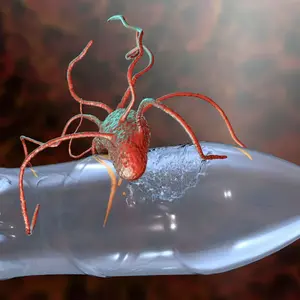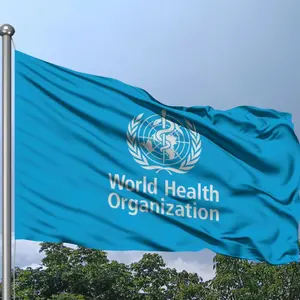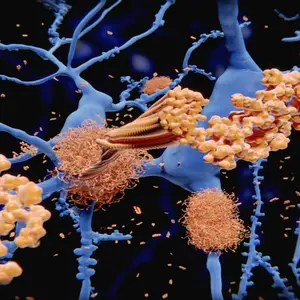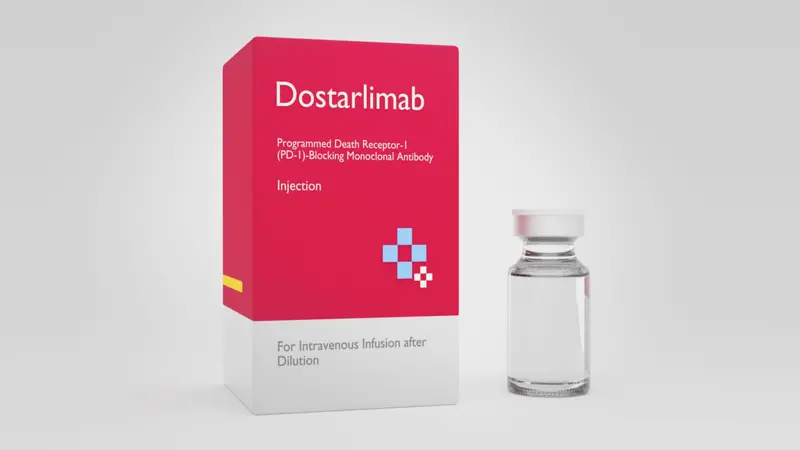

Emerging

Emerging
Pilot Immunotherapy Trial Results in 100% Remission of Cancer Patients
In a study published this month in the New England Journal of Medicine, a group of 12 study participants with rectal cancer completed treatment with a novel drug (dostarlimab), and all 12 patients had a complete clinical response without needing radiation, chemotherapy, or surgery.
Is this new drug a universal cancer cure?
Dostarlimab is in a class of drugs called immune checkpoint modulators, which are part of the immunotherapy approach to cancer treatment. They are based on the concept that tumor cells have mutations which differentiate them from normal cells and allows the body’s own immune system to recognize the cancer cells and destroy them. Immunotherapy offers a level of selectivity that isn’t possible with more traditional treatments (e.g., chemotherapy, radiation, surgery), which all involve varying degrees of damage to normal tissue. With immunotherapy, the immune system exclusively targets the cells it recognizes as foreign or abnormal (cancer cells), leaving normal cells unharmed.
While this is certainly a promising study, dostirlimab is unlikely a universal cancer cure, as only 12 patients have completed treatment thus far, and all patients had stage II or III rectal adenocarcinoma. Additionally, these cancers all shared the key characteristic of “mismatch repair deficiency,” meaning that they included mutations that impair a cell’s ability to correct mistakes in DNA during replication. Immune checkpoint modulators are most effective against highly mutated cancers, but they have little effect on cancers with lower, more typical numbers of mutations. Only roughly 5-10% of all rectal cancers are mismatch repair-deficient.
As advances in immunotherapy for cancer treatment continue, more research is needed on how to make T cells better at recognizing cancers without a high mutation burden. This strategy is in the early stages of research.
REFERENCES
Attia, P. (2022, June 18). A pilot immunotherapy trial is one step on a long road toward curing cancer. https://peterattiamd.com/pilot-immunotherapy-trial-curing-cancer


 By
By

